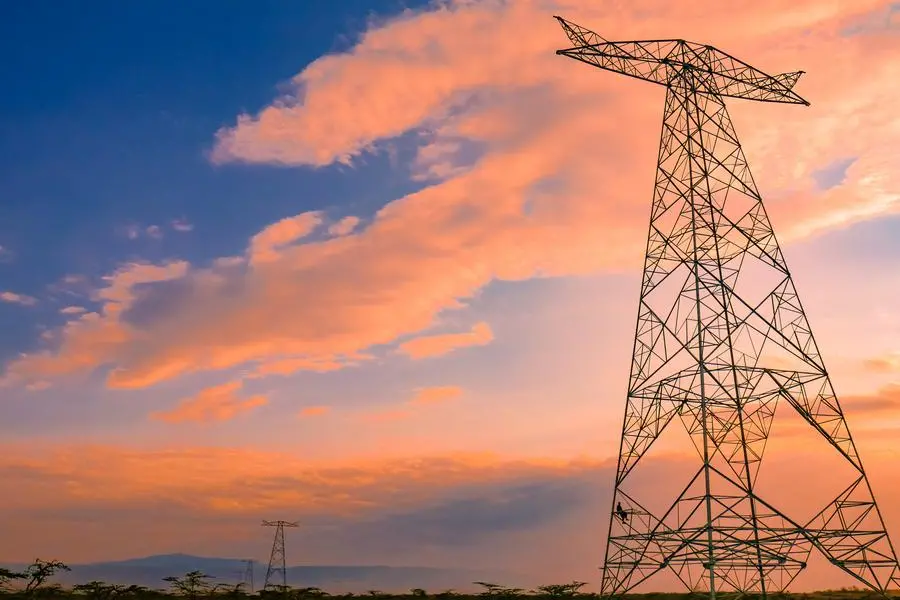PHOTO
Official sources have confirmed that the Council of Ministers had previously recognized the severity of the country’s energy shortage and issued clear directives to the Ministry of Electricity and Water to devise appropriate solutions, reports Al-Qabas daily. However, despite Decree No. 207 of 2023 and Cabinet Resolution No. 995 of 2023 urging the purchase of energy from international developers, the Ministry of Electricity has yet to finalize the necessary procedures or make decisions to avert the impending energy crisis.
Sources lamented the unjustifiable delay in establishing and approving procurement procedures, emphasizing the urgent need to swiftly engage international developers to mitigate the worsening energy shortage anticipated in the coming years. They stressed that purchasing energy from international developers through an independent supplier system represents the quickest and most efficient solution, as evidenced by the practices of Gulf nations and other countries worldwide.
The sources urged for immediate, exceptional measures to be taken to procure energy from international developers, alongside expediting the enactment of legislation to establish the General Electricity and Water Corporation. The ministry indicated that many international investors to build and operate electricity and water production stations and sell electricity and water have submitted offers at prices lower than the current production cost, but the Ministry of Electricity and Water has not taken any decision regarding these initiatives yet, including:
■ Energy generators of different sizes, with a maximum capacity of 450 megabytes per generator, which can supply at least 900-1000 megabytes.
■ Mobile gas generators with a capacity of 500 megawatts or more, distributed in several places.
■ Energy storage systems with a capacity of 400 megabytes or more.
■ Building solar power plants with a capacity of 200 to 1500 megabytes through several developers.
■ Generating stations with a capacity of not less than 1,000 megawatts within a year and a half to two years.
■ Power stations from several Chinese and international companies over a period of 3 years.
■ Implementing an advanced water desalination plant.
■ A station to remove salts from water resulting from desalination operations, which contributes to preserving the marine environment from the increase in salinity of the Arabian Gulf.
Funded
The sources confirmed all these and other initiatives are fully funded by international developers/investors and at no cost to the state, so that energy or water is purchased through the independent supplier system approved by the Council of Ministers by Resolution No. 995 of 2023 and Decree No. 207 of 2023. These initiatives are also characterized by speed. Meanwhile, the electricity crisis in the country is worsening due to the lack of decisions to construct new power stations or procure energy from international developers. Sources highlight that what was once an anticipated shortage is now a certainty, with projections extending beyond 2027, posing a grave threat to energy security and causing significant economic losses, particularly in vital sectors like oil and industry.
Poor planning, inadequate follow-up, and delays by authorities have compounded the crisis, akin to other infrastructure challenges faced by citizens. One of the primary reasons behind the escalating shortage is the failure to effectively plan and monitor projects for electricity and water generation plants, coupled with the absence of alternative contingency plans in case of project delays. Moreover, challenges persist in completing and executing electricity and water projects, including overlapping responsibilities between the Partnership Authority and the Ministry of Electricity and Water, alongside prolonged bureaucratic processes.
The Audit Bureau previously cautioned the Ministry about its inability to meet current and future energy demands, with projects postponed for up to 25 months in 2019. While several ministerial committees have been formed to address the crisis and propose solutions, practical action remains elusive, leaving a void in clear, approved strategies to avert future shortages. The Ministry’s temporary plan for the summer of 2024 includes rationing campaigns and power cuts to certain entities, potentially resulting in financial losses.
Despite reliance on the Gulf interconnection to alleviate the shortage, the Ministry has yet to secure a contract for energy purchase, heightening the risk of scheduled outages in the coming summer months. Statistical estimates indicate a steady increase in electricity shortages over the next few years, exacerbated by delays in annual maintenance work and the aging of existing production plants. Former Minister Dr. Jassim Al-Astad commissioned an independent committee to investigate the root causes of the crisis, underscoring the need for accountability and procedural reforms based on the committee’s findings. The Partnership Authority’s inadequate contribution to addressing rising demand underscores systemic shortcomings, with planned projects like the Al-Khairan station facing prolonged delays since 2014 without implementation.
Arab Times | © Copyright 2024, All Rights Reserved Provided by SyndiGate Media Inc. (Syndigate.info).





















